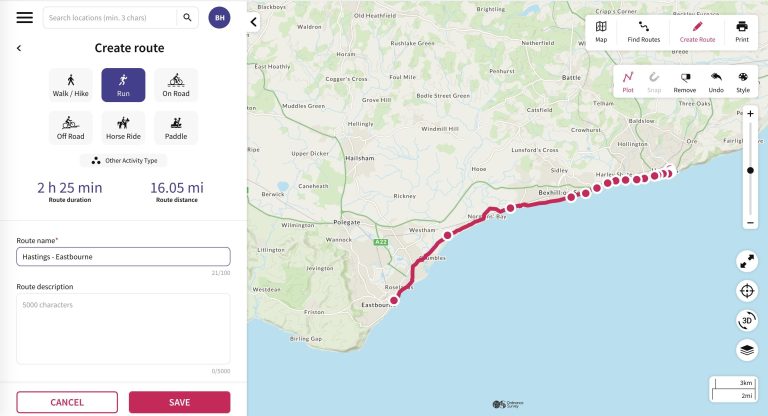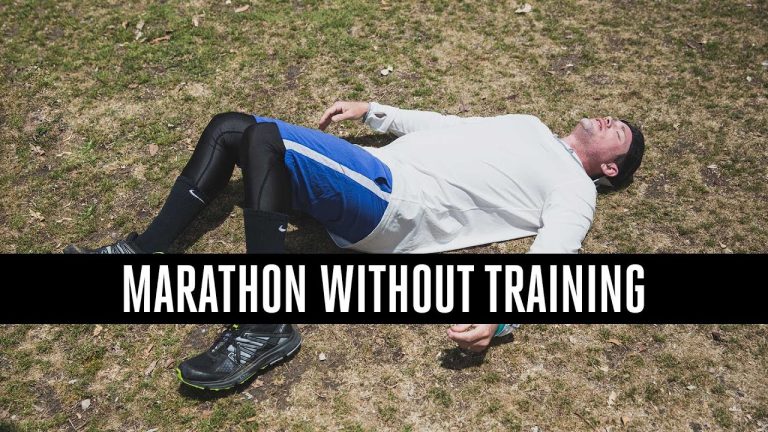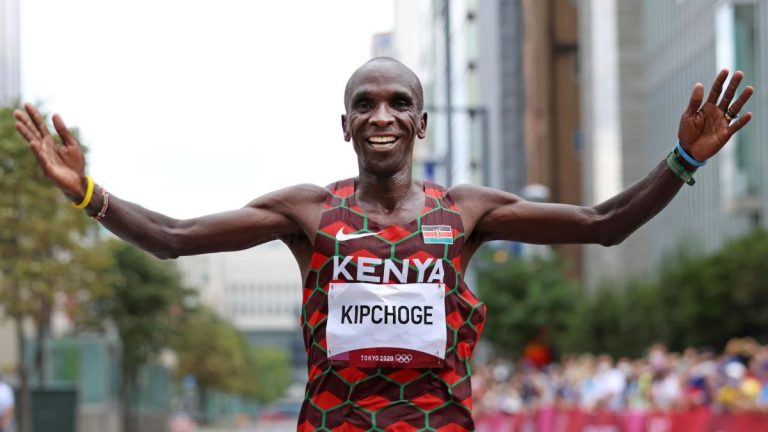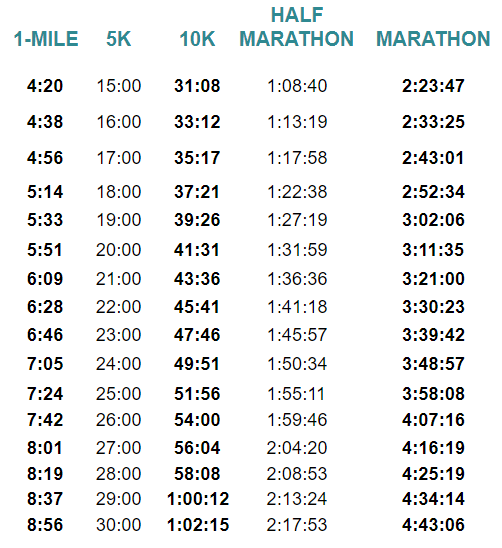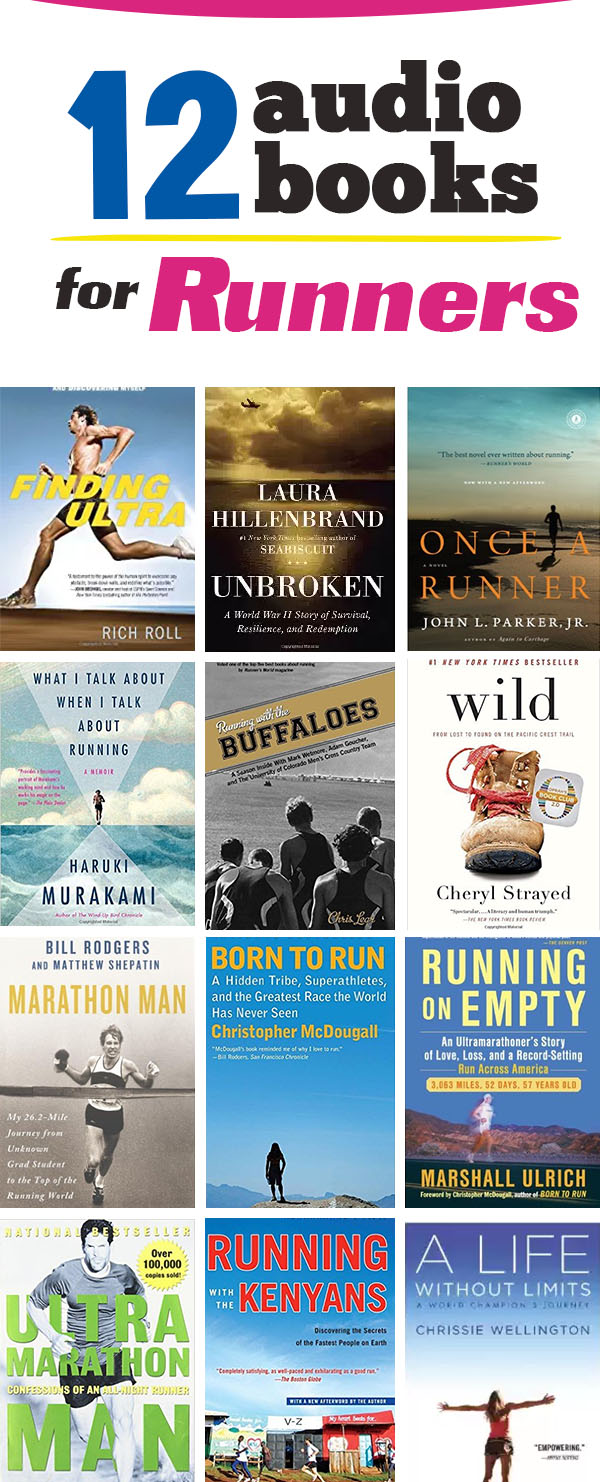How to Avoid Marathon Bonk
To avoid marathon bonk, maintain proper nutrition and hydration before and during the race. Adequate fueling is key.
Marathon bonk, also known as hitting the wall, can ruin a runner’s race experience. Proper preparation and attention to nutrition and hydration play a crucial role in preventing this phenomenon. We will discuss effective strategies to avoid marathon bonk and ensure a successful race day.
By following these tips, you can optimize your performance and achieve your running goals without encountering the dreaded bonk. Let’s delve into the best practices for fueling and hydrating during marathon training and on race day to keep you energized and strong throughout the entire race.
Understanding The Marathon Bonk
When it comes to avoiding the marathon bonk, understanding the causes and prevention methods is essential. By properly fueling your body, maintaining a steady pace, and training appropriately, you can avoid hitting the wall and finish strong in your marathon.
Understanding the Marathon Bonk Marathon bonk, also known as hitting the wall, is a dreaded experience for long-distance runners. It occurs when the body’s glycogen stores are depleted, leading to a sudden and severe drop in energy levels. In this section, we’ll delve into the science behind bonking and the symptoms to watch out for to ensure you can avoid it during your next marathon. “`htmlThe Science Behind Bonking
“` In simple terms, bonking happens when the body runs out of its primary energy source, glycogen. During prolonged exercise, the muscles rely on glycogen to keep moving. When these stores are depleted, the body switches to burning fat, a less efficient fuel source, leading to a dramatic drop in energy levels. Understanding the mechanics behind bonking is crucial for long-distance runners looking to avoid this debilitating experience. “`htmlSymptoms Of Bonking
“` Recognizing the early signs of bonking is essential for preventing a marathon disaster. Symptoms of bonking include sudden fatigue, difficulty maintaining pace, mental fogginess, dizziness, and even nausea. Being aware of these signals can help you take proactive measures to replenish your energy levels and avoid hitting the wall during a marathon.Training Strategies To Avoid Bonking
Avoid bonking during a marathon by gradually increasing your mileage each week.
Include long runs in your training schedule to build endurance and prepare your body for the distance.
Integrate intervals and tempo runs to improve your speed and running economy, reducing the risk of bonking.
Vary your pace during training to challenge your body and enhance your performance on race day.
Nutritional Tips For Preventing Bonking
Fueling Before The Race
Before your marathon, focus on consuming a mix of complex carbs and lean proteins.
- Have a well-balanced meal 2-3 hours before the race starts.
- Include foods like oatmeal, whole grain toast, and bananas for sustained energy.
- Avoid high-fat and high-fiber foods that may lead to digestive issues.
Hydration During The Race
Stay properly hydrated to avoid hitting the wall during your marathon.
- Drink water or a sports drink at every water station along the route.
- Consume electrolyte-rich drinks to replenish lost minerals and prevent cramping.
- Avoid waiting until you feel thirsty to drink; stay ahead of dehydration.

Credit: www.thesfmarathon.com
Race Day Strategies To Avoid Bonking
Race day is the culmination of months of training and preparation. Proper planning and adherence to race day strategies are essential for successfully completing a marathon without experiencing the dreaded bonk. Here are essential tips to help you avoid bonking during the race.
Start Slow And Conserve Energy
Starting at a conservative pace allows your body to gradually warm up, conserving valuable energy for the later stages of the race. Resist the temptation to sprint at the beginning.
Listen To Your Body’s Signals
Tune into your body’s signals throughout the race. It’s crucial to recognize early signs of fatigue and adjust your pace accordingly. Listen to your body and make smart decisions to avoid hitting the wall.
Recovery Techniques To Prevent Bonking
To prevent hitting the wall during a marathon, it’s crucial to incorporate recovery techniques into your training. Focus on proper nutrition, hydration, and pacing to avoid bonking. Implementing regular rest and recovery days in your training plan is also essential for preventing marathon bonk.
Proper Post-race Nutrition
One of the key recovery techniques to prevent bonking is ensuring you have proper post-race nutrition. This includes fueling your body with the right nutrients to replenish glycogen stores and aid in muscle repair. Here are some essential elements of a well-rounded post-race meal:
- Carbohydrates: Opt for complex carbohydrates like whole grains, fruits, and vegetables to replenish glycogen levels. These provide a sustained source of energy to avoid crashing.
- Protein: Include lean proteins such as chicken, fish, tofu, or beans to support muscle recovery and repair.
- Healthy fats: Incorporate sources of healthy fats like avocados, nuts, and olive oil for their anti-inflammatory properties and to aid in nutrient absorption.
- Hydration: Don’t forget to rehydrate your body by drinking water or electrolyte-rich beverages to replace fluids lost during the race.
Active Recovery Exercises
In addition to proper nutrition, engaging in active recovery exercises can help prevent bonking and speed up your recovery process. These exercises focus on gentle movements that promote circulation, reduce muscle soreness, and aid in stress reduction. Here are some exercises to consider:
- Light jogging or walking: Low-intensity cardio helps flush out metabolic waste and improve blood flow to facilitate healing.
- Stretching: Perform a combination of static and dynamic stretches to release tension in your muscles and improve flexibility.
- Yoga or Pilates: these mind-body practices not only increase flexibility but also aid in relaxation and mental recovery.
- Foam rolling: Use a foam roller to target specific muscle groups and relieve tightness and knots.
By incorporating proper post-race nutrition and engaging in active recovery exercises, you can minimize the risk of bonking and recover faster after a marathon. Remember, taking care of your body post-race is just as important as the training itself!

Credit: m.youtube.com

Credit: www.motherhoodandmore.com
Frequently Asked Questions Of How To Avoid Marathon Bonk
How Can I Avoid Bonking During A Marathon?
To avoid bonking during a marathon, make sure to fuel properly by consuming a combination of carbohydrates, electrolytes, and fluids before and during the race. Training adequately and pacing yourself can also help prevent bonking.
Is It Helpful To Consume Energy Gels During A Marathon?
Yes, consuming energy gels during a marathon can be helpful as they provide a quick source of carbohydrates to fuel your muscles and prevent bonking. Make sure to follow the recommended dosage and drink plenty of water along with the gels.
What Are Some Signs Of Bonking During A Marathon?
Signs of bonking during a marathon include extreme fatigue, sudden loss of energy, dizziness, lightheadedness, and difficulty concentrating. If you experience any of these symptoms, it’s important to slow down, consume carbohydrates, and hydrate immediately.
Conclusion
Avoiding marathon bonk is crucial for a successful race. By carefully planning your nutrition, hydration, and training, you can steer clear of hitting the wall and ensure a strong finish. Remember to listen to your body, fuel smartly, and take a steady approach to pacing.
With these simple strategies, you’ll be better equipped to conquer the distance and enjoy a fulfilling race experience.


